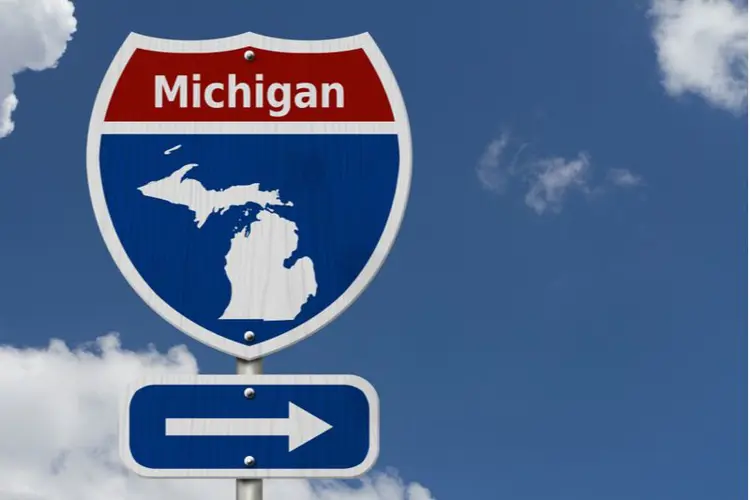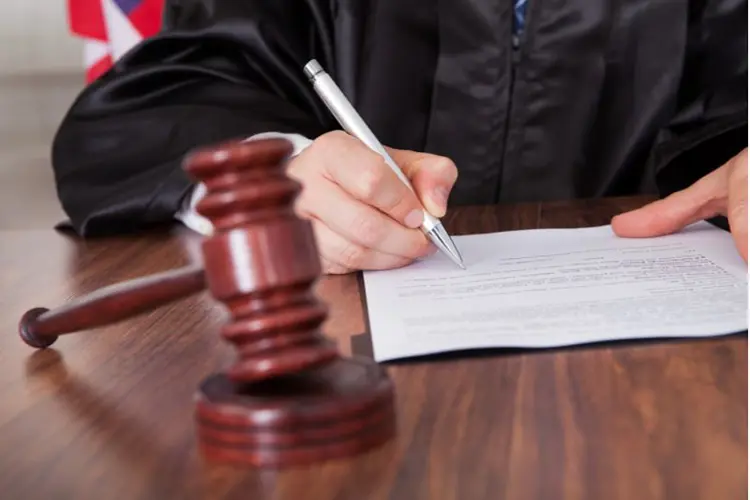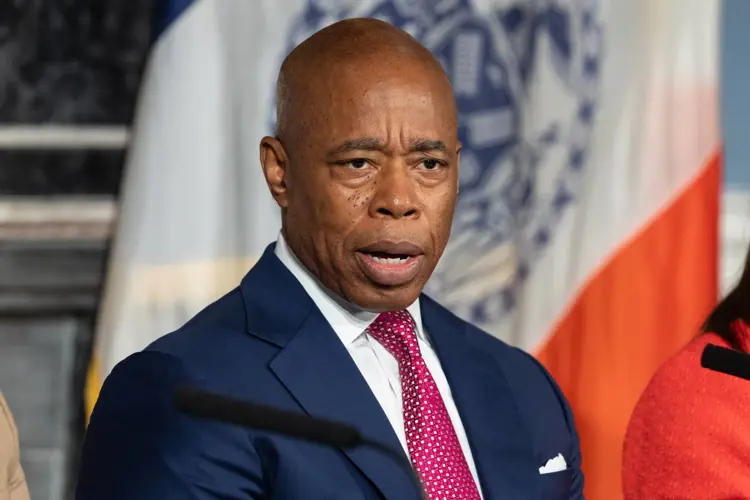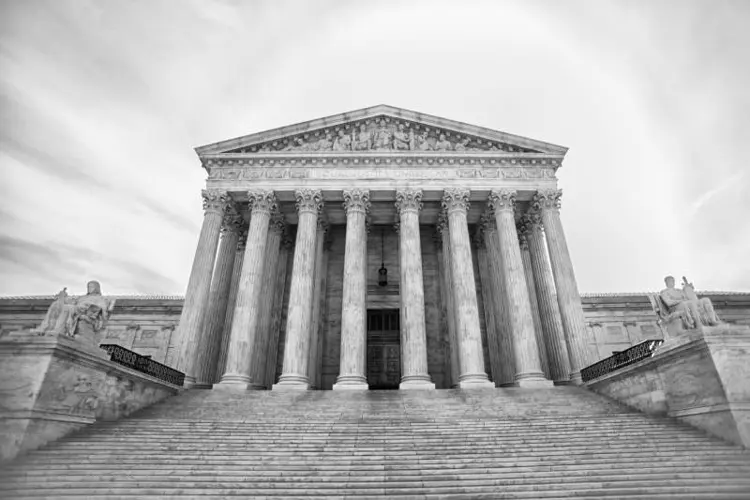June 6 update
Governor Josh Green today signed SB975 into law. The ban on online sales from out of state will begin July 1. The tax provision of the law will take effect Jan. 1, 2024.
Last Friday, Hawaiian state legislators passed a “tax parity” law that applies the same tax rate to vaping products as combustible cigarettes. If signed into law by Governor Josh Green, vaping products would be subject to a 70 percent wholesale tax—one of the highest rates in the country.
The bill also bans sales to consumers by out-of-state retailers, which essentially bans online sales by sellers outside Hawaii.
The bill, SB975 SD2 HD3, defines vapes as “tobacco products,” and was negotiated in a marathon conference session between the State House and Senate just before the conference deadline for this year’s legislative session. The legislative session adjourns May 4.
It isn’t certain when the bill will be sent to Gov. Green, or if he has committed to signing it. If signed into law, the tax will take effect Jan. 1, 2024. Hawaii has no current tax on vaping products.
While the goal of tax parity is to discourage underage vaping, research by health economists shows it actually encourages smoking, partly by eliminating the price advantage that drives many smokers to try e-cigarettes. Cigarettes and vapes work as economic substitutes: when the price of one increases, nicotine users shift to the other.
A separate tax bill in Hawaii failed in committee earlier this session, as did a bill that would have banned flavored vaping products (and flavored tobacco). Last year, a flavor ban passed in Hawaii, but was vetoed by Gov. David Ige, who agreed with anti-vaping and tobacco control groups that it wasn’t strict enough.
Among U.S. states, Minnesota has the highest vape tax rate—95 percent—but it is only applied on nicotine-containing products imported from out-of-state. Vermont’s is second—92 percent of the wholesale price for all products, including those without nicotine. The District of Columbia taxes vapes at 91 percent. Massachusetts assesses a 75 percent wholesale tax on all products, and has also imposed a flavored vape ban. California’s tax approaches Hawaii’s (with a combination of wholesale and retail taxes). No other state has a wholesale tax of 70 percent or higher.
Eight other states ban online sales of vaping products.
May 2 update Article updated to mention the online sales ban included in the bill.
The Freemax REXA PRO and REXA SMART are highly advanced pod vapes, offering seemingly endless features, beautiful touchscreens, and new DUOMAX pods.
The OXVA XLIM Pro 2 DNA is powered by a custom-made Evolv DNA chipset, offering a Replay function and dry hit protection. Read our review to find out more.
The SKE Bar is a 2 mL replaceable pod vape with a 500 mAh battery, a 1.2-ohm mesh coil, and 35 flavors to choose from in 2% nicotine.
Because of declining cigarette sales, state governments in the U.S. and countries around the world are looking to vapor products as a new source of tax revenue.
The legal age to buy e-cigarettes and other vaping products varies around the world. The United States recently changed the legal minimum sales age to 21.
A list of vaping product flavor bans and online sales bans in the United States, and sales and possession bans in other countries.

















